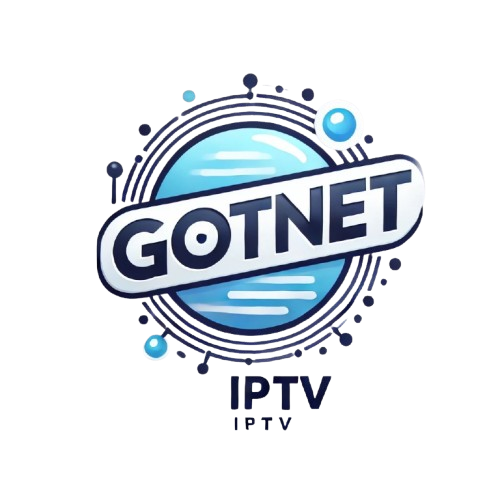GotNET
Exploring the Advantages of IPTV Compared to Cable TV
As the landscape of television consumption evolves, viewers are faced with an array of options that cater to their entertainment needs. Among these, Internet Protocol Television (IPTV) and traditional cable television stand as two of the most prominent choices. Each system has its merits, but they operate on fundamentally different technologies and offer diverse viewing experiences. This article seeks to explore the advantages of IPTV over cable TV, delving into the nuances of their operation, the potential for cost savings, and the enhanced features that IPTV brings to the table.
Understanding the Basics: IPTV vs. Cable Television
IPTV operates by delivering television content over the internet, utilizing a broadband connection to transmit data packets directly to users’ devices. This technology allows for a more flexible viewing experience, enabling users to watch their favorite shows and movies on various devices, such as smart TVs, tablets, and smartphones. Unlike traditional cable TV, which relies on coaxial cables and satellite signals, IPTV uses streaming technology, offering a more dynamic and interactive approach to content consumption.
In contrast, cable television requires a physical connection through coaxial or fiber-optic cables to deliver content to subscribers’ homes. This technology has been the industry standard for decades, but it often comes with limitations in terms of channel variety, availability in rural areas, and the need for bulky equipment. Users must often adhere to predetermined channel lineups and schedules, limiting their viewing options compared to the on-demand nature of IPTV services.
The infrastructure of IPTV also allows for more rapid content updates and access to a broader range of programming, including international channels and niche content. Additionally, the reliance on the internet for broadcast means that IPTV can adapt to changing user demands more efficiently, offering personalized packages and the ability to access a wealth of content from multiple sources without the need for numerous subscriptions.
Cost Efficiency: How IPTV Can Save You Money
One of the most significant advantages of IPTV is its cost efficiency. Traditional cable TV often comes with high monthly fees, including additional charges for premium channels, equipment rentals, and hidden fees that can accumulate over time. In contrast, many IPTV providers offer competitive pricing models, often allowing users to select only the channels they want, thereby eliminating unnecessary costs associated with bundles that feature a multitude of channels that may never be watched.
Moreover, IPTV services generally do not require long-term contracts, providing consumers with the flexibility to switch providers or cancel their service without incurring hefty penalties. This is a stark contrast to cable TV, where customers frequently face binding contracts that can extend for a year or more. This financial freedom not only appeals to budget-conscious consumers but also encourages IPTV providers to maintain high levels of service quality to retain subscribers.
Additionally, the absence of equipment rental fees is another avenue through which IPTV can save users money. Many IPTV services are compatible with existing devices like smart TVs, tablets, and phones, reducing the need for additional hardware. Consumers can install IPTV applications on their preferred devices without needing specialized equipment, making IPTV a particularly attractive option for tech-savvy viewers looking to cut costs.
Enhanced Features: The Superior Offerings of IPTV Services
IPTV services shine when it comes to enhanced features and functionalities that cater to modern viewing habits. One of the most notable benefits is the availability of on-demand content. Subscribers can watch shows and movies whenever they choose, eliminating the constraints of traditional broadcasting schedules. This flexibility not only enhances the viewing experience but also allows users to binge-watch series without waiting for episodes to air sequentially.
Interactivity represents another significant advantage of IPTV. Many services incorporate advanced features such as video on demand, cloud DVR capabilities, and the ability to pause, rewind, or record live television. These functionalities empower users to tailor their viewing experiences to their preferences, providing a level of customization that is often absent in cable TV offerings. This interactivity is particularly appealing to younger audiences who are accustomed to engaging with media in more dynamic ways.
Furthermore, IPTV platforms often come equipped with additional features such as integrated social media sharing, multi-screen viewing options, and personalized recommendations based on viewing habits. These innovations not only enhance user engagement but also create a more immersive entertainment environment. As technology continues to evolve, IPTV stands at the forefront of delivering cutting-edge features that meet the demands of an increasingly digital world.
In summary, while both IPTV and cable television have their advantages, the benefits of IPTV are increasingly resonating with modern consumers. With its cost efficiency, enhanced features, and flexible viewing options, IPTV presents a formidable alternative to traditional cable services. As viewers continue to seek more control over their entertainment choices, IPTV is likely to expand its foothold as a preferred method of content consumption, heralding a new era in the way we watch television.
